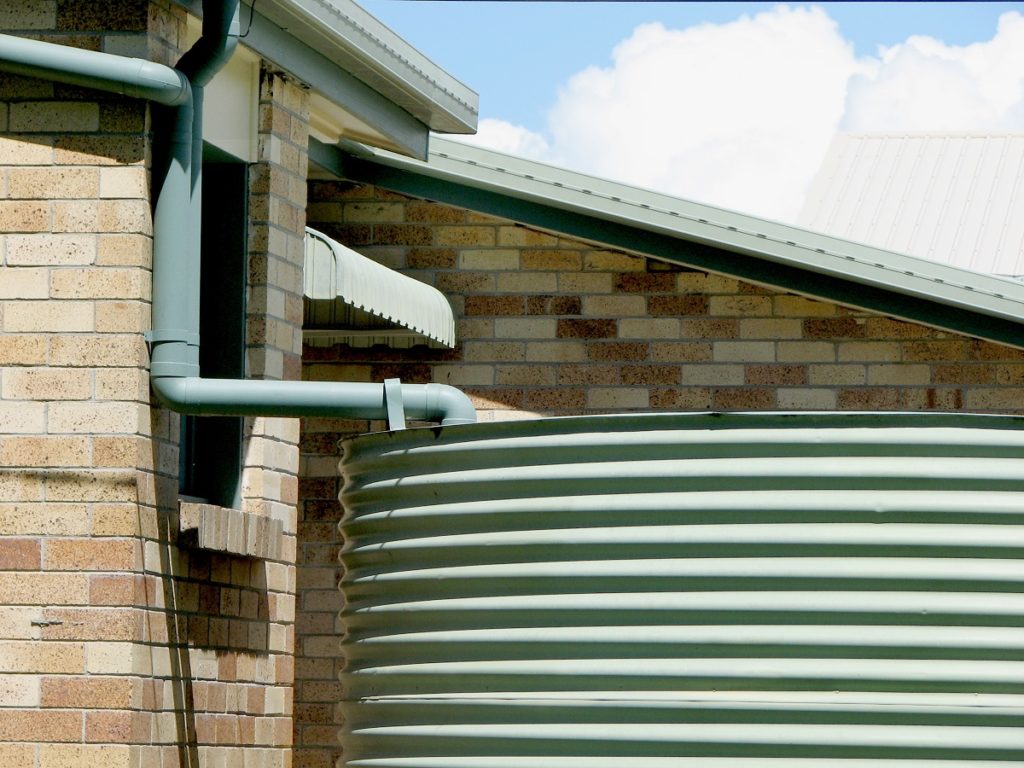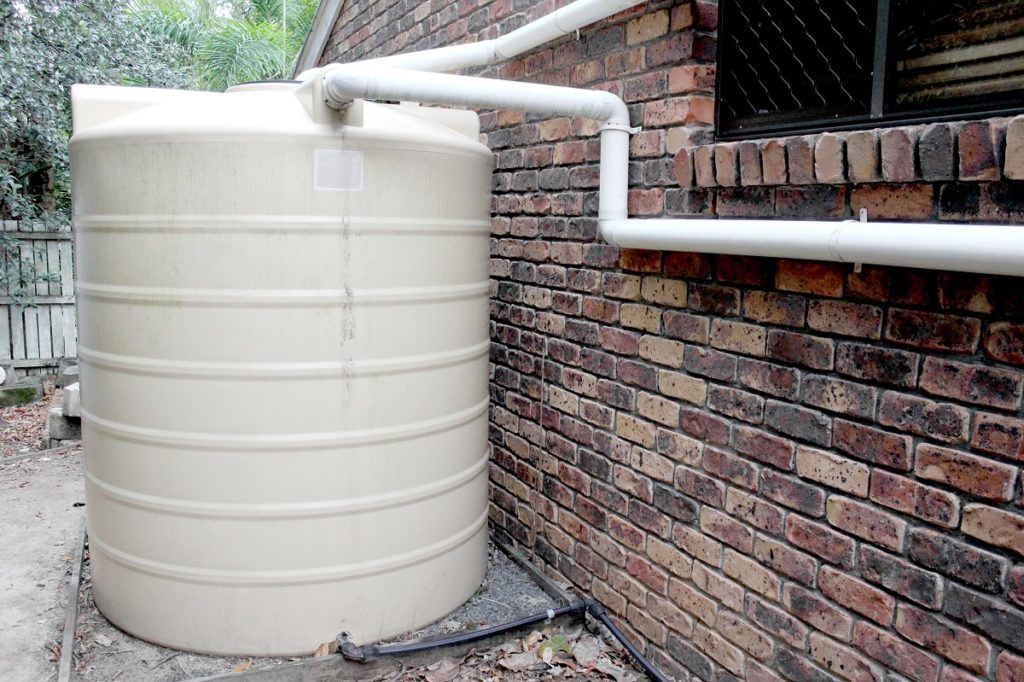Every property owner now appreciates the essence of a rainwater collection and storage tank on their property. This is due to the unreliability on municipal water for your property’s needs and the ever-changing climatic conditions.
There is no dispute that plastic rainwater tanks are the best choice for clean and safe rainwater storage. This is because unlike other options, there is minimal risk of the leaching of the compounds used in the tank’s manufacture to your stored water.
There are several attachments used with poly rainwater tanks to guarantee the cleanliness of the water you collect. These include leaf strainers, gutter guards, first-flush diverters and screens. In addition to these systems, you should have filters to clean the water in your tank further. Here are some of your water tank filter alternatives.
Mechanical Filters
These are pre-tank filters comprising a stainless steel element encased in a plastic body. Mechanical filters are installed at the point of rainwater collection to prevent the entry of debris into our tank. The highest micron rating for a mechanical filter is 280 microns which removes the finest debris particles.
The significant benefit of a pre-tank mechanical filter is that you don’t need to open your tank to clean the filter. Mechanical filters are ideal for cleaning water that will be used for flushing toilets, gardening and washing clothes.
Particulate Filter
This is sometimes called a microscopic filter. It comes in a sealed encasing which contain a bag or cartridge that traps even the finest debris particles. Particulate filters work effectively under pressure to force the water through them.
They are hence primarily used in pumped water tanks. There are different variations of particulate filters with others containing backwash function for easy cleaning and others, automatic timer controls. Though costly, rainwater passed through particulate filters can be used for cooking.
Carbon Filters
 These filters are installed underwater filter jugs or sinks. If you intend to drink your rainwater without further disinfection, carbon filtration is your ideal choice. When rainwater is passed through the carbon, its colour, taste, and discolouration are all improved. The filters also remove VOCs from the water.
These filters are installed underwater filter jugs or sinks. If you intend to drink your rainwater without further disinfection, carbon filtration is your ideal choice. When rainwater is passed through the carbon, its colour, taste, and discolouration are all improved. The filters also remove VOCs from the water.
Sand Filters
Traditional filter systems generally contain sand and gravel in varying levels of coarseness. The water passes through this filter medium by gravity and debris of different sizes is removed through each level.
Sand filters can remove particles of up to 30microns depending on the manufacturer. Although inexpensive, they come with high maintenance costs. The water filtered this way is also not safe for cooking or drinking unless it undergoes further treatment.
Having a rainwater tank might be the best investment you make for your property. You should, however, ensure that the water collected is as safe and clean as possible for your application. Failure to do this might result in various water-borne diseases in your household.
The debris found in dirty rainwater can also damage your appliances including water heaters, dishwasher and washing machines. The above filters will, however, sift the debris and ensure the water you collect and ultimately use is clean and safe.

